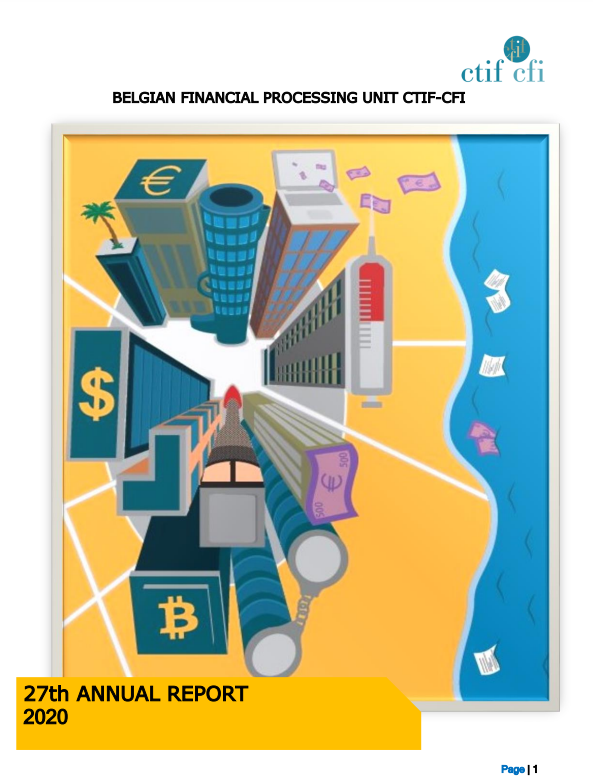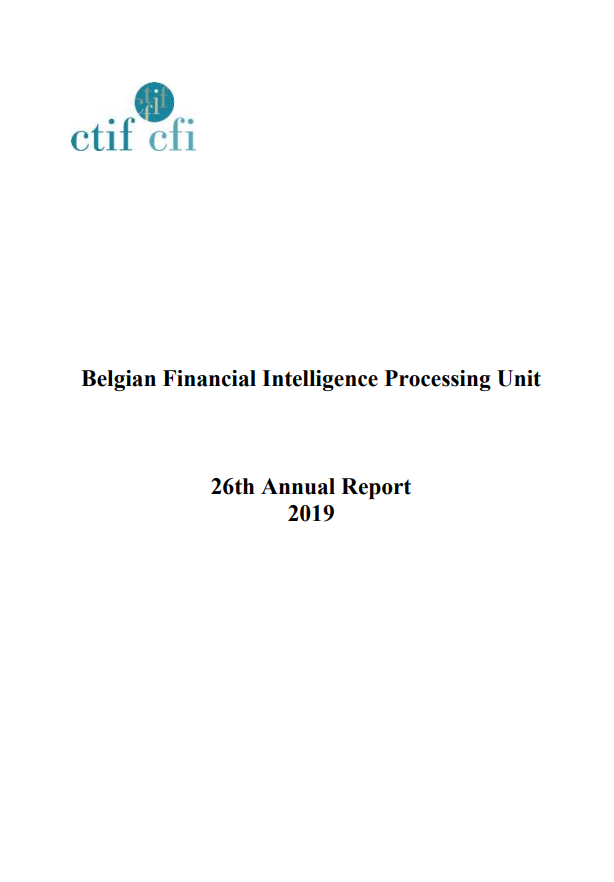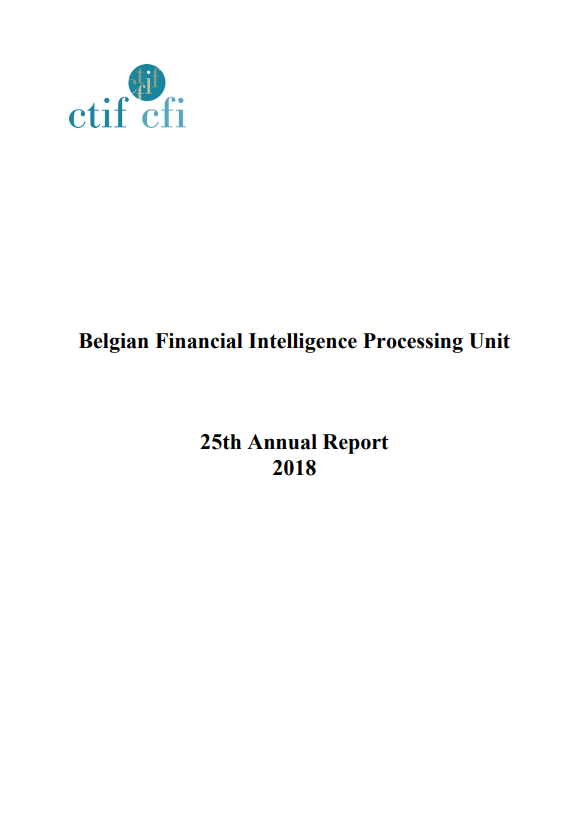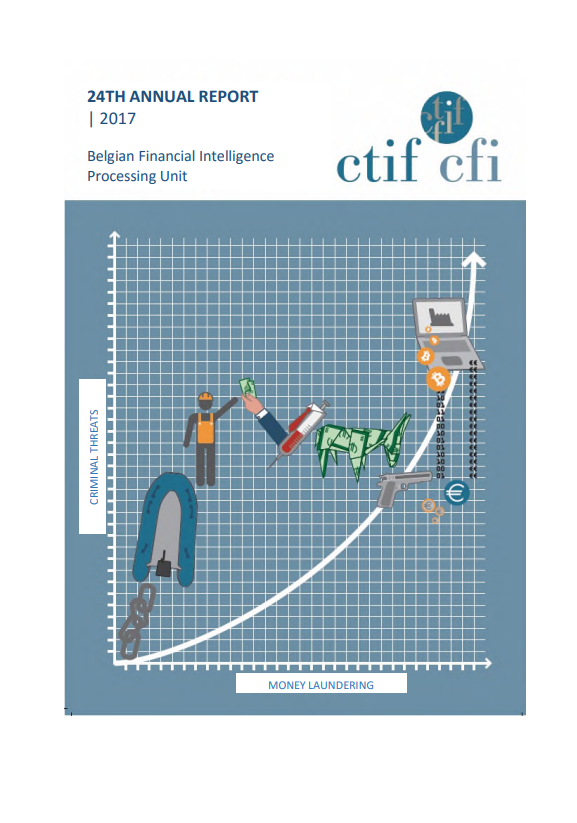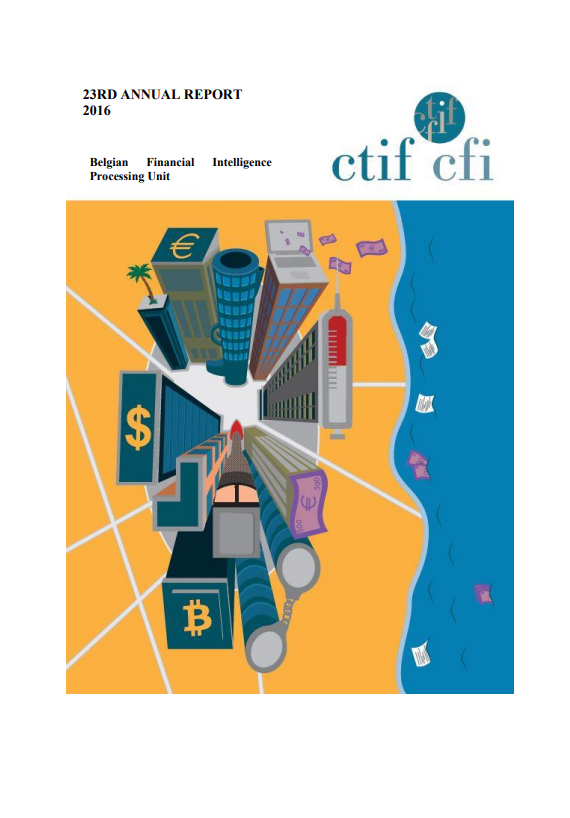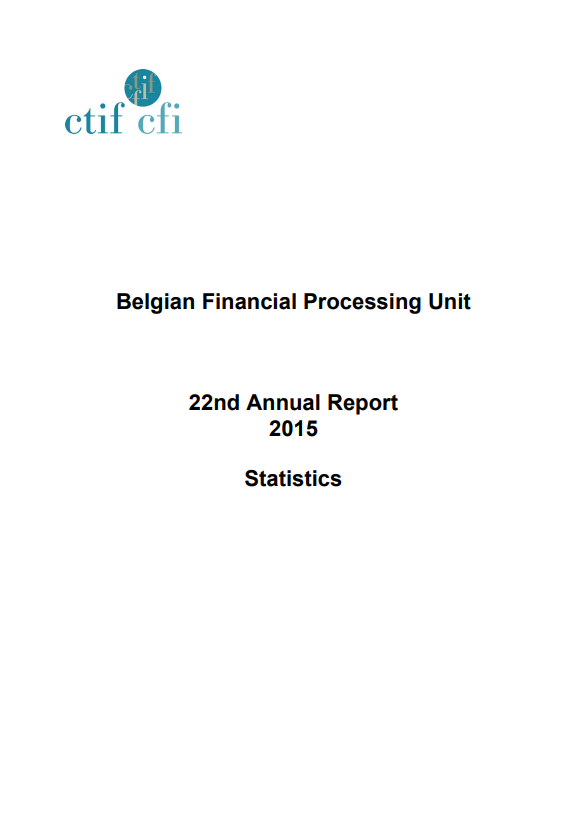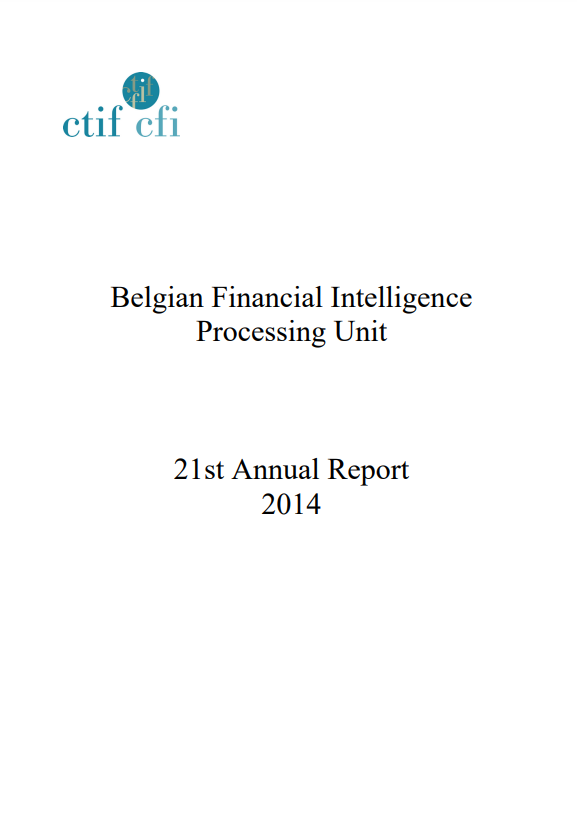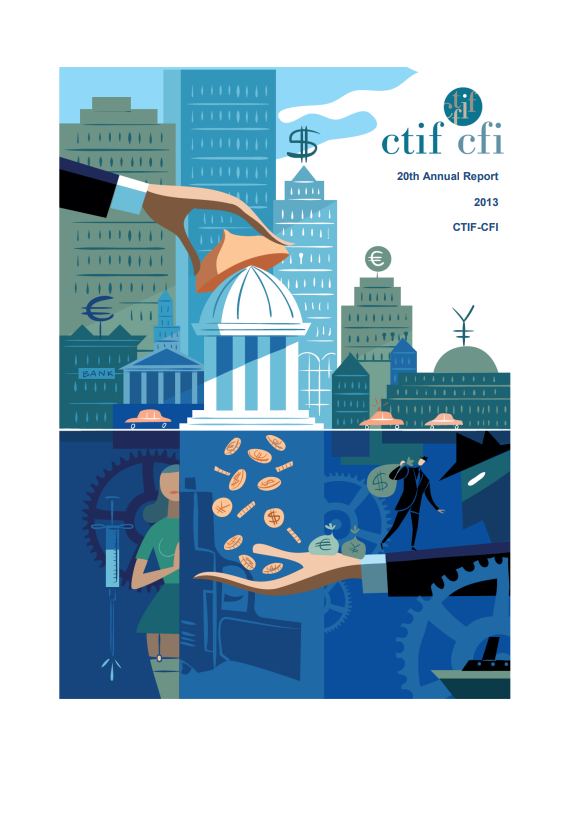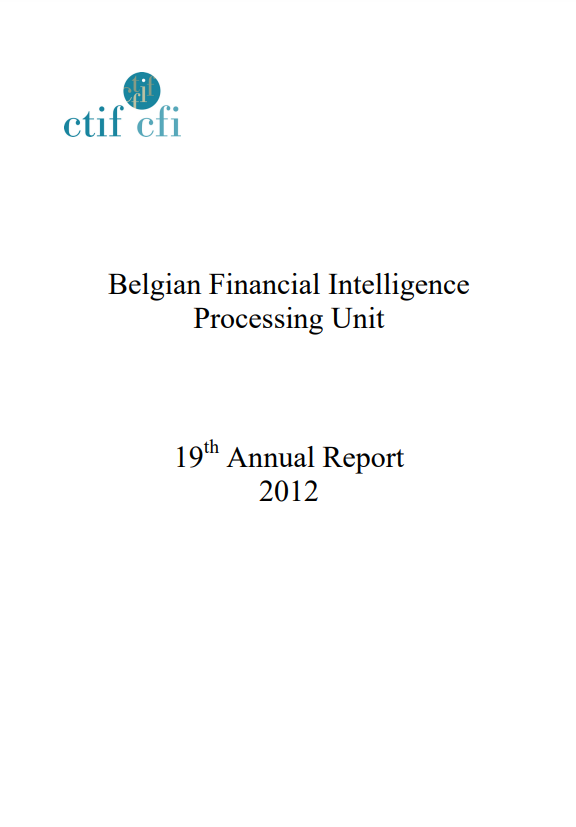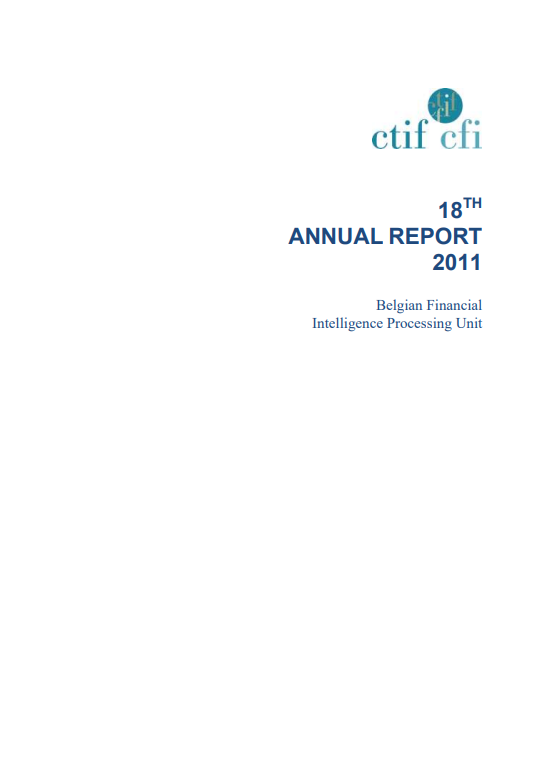During its plenary meeting in Paris on 26 February 2015 the FATF approved the report on the fourth mutual evaluation of the Belgian system for Anti-Money Laundering and Combating the Financing of Terrorism (AML/CFT). The evaluation was based on the FATF 40 recommendations, as revised in 2012, and the 2013 methodology for assessing compliance with the FATF 40 recommendations.
The evaluation was led by a team of evaluators consisting of three members of the Secretariat and four experts in criminal law, financial law and operational issues from other FATF countries.
This team visited Belgium from 30 June to 15 July 2015. During this visit they met with officials and representatives from all competent national authorities and the private sector. They examined the institutional framework, legislation, regulations, directives, and other guidelines regarding the AML/CFT system, as well as the measures taken by the financial institutions and non-financial companies and professions to combat money laundering and the financing of terrorism. Special attention was paid to the application and the effectiveness of these measures.
The FATF issued recommendations to take measures in order to improve some aspects of the system.
Since 2015 Belgium has made important progress in strengthening its framework to tackle money laundering and terrorist financing.
On 3 September 2018, the FATF published the third follow-up report of Belgium in which the rating of 15 of the 40 Recommendations was upgraded.
This report analyses Belgium’s measures taken in addressing the technical compliance deficiencies identified in the mutual evaluation report of 2015 and to comply with the FATF recommendations.

